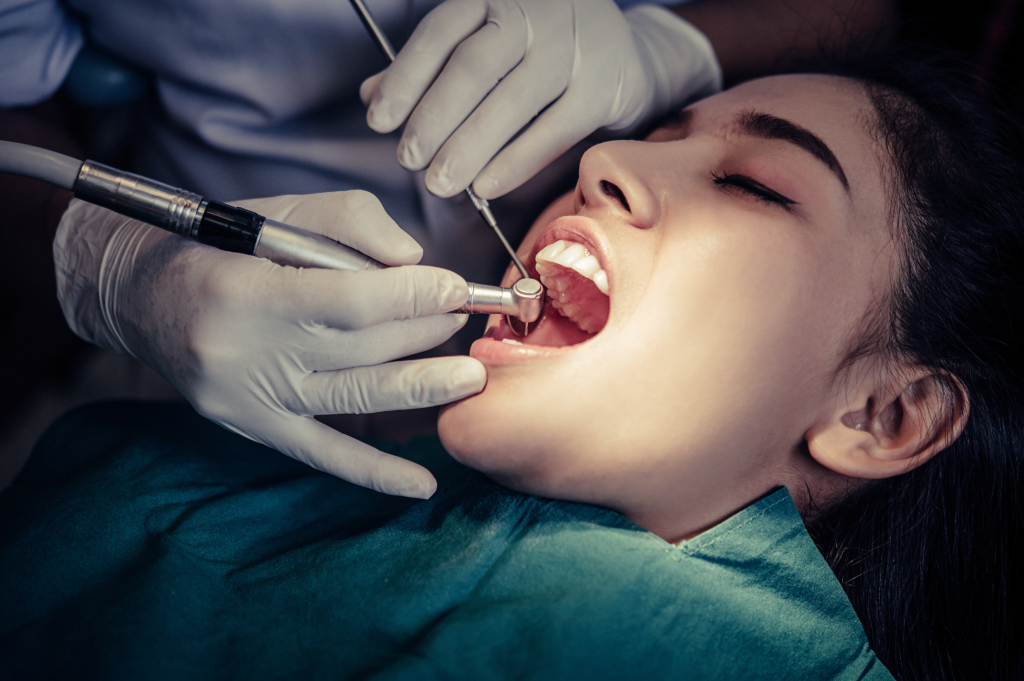
Sugar, often associated with pleasure and indulgence, can have a detrimental impact on your oral health. While it may seem innocent, the relationship between sugar and tooth decay is complex and far-reaching. This article delves into the science behind sugar’s harmful effects on your teeth and offers practical tips to protect your smile.
The Sugar-Bacteria Connection
The culprit behind sugar’s destructive power is not the sugar itself, but rather the bacteria that thrive on it. Your mouth is home to millions of bacteria, some beneficial and others harmful. The harmful bacteria feed on sugar, producing acids as a byproduct. These acids attack the protective enamel of your teeth, leading to demineralization and eventually cavities.
The Decay Process
Sugar Consumption: When you consume sugary foods or drinks, sugar particles cling to your teeth.
Bacterial Feast: Bacteria in your mouth feed on the sugar, producing acid.
Acid Attack: The acid weakens the tooth enamel, creating tiny holes or pits.
Cavity Formation: Over time, these pits grow larger, forming cavities.
Types of Sugar and Their Impact
Not all sugars are created equal. While refined sugars like sucrose (table sugar) are notorious for their harmful effects, hidden sugars in processed foods can also contribute to tooth decay.
Refined Sugars: Found in candy, soft drinks, and baked goods, these sugars are quickly converted into acid by oral bacteria.
Natural Sugars: Present in fruits and milk, these sugars are less harmful due to their combination with fiber and other nutrients.
Added Sugars: Commonly found in processed foods, these sugars contribute to tooth decay without providing nutritional value.
Beyond Cavities: Other Oral Health Risks
The negative impact of sugar extends beyond cavities. Excessive sugar consumption has been linked to:
Gum Disease: Sugar can contribute to inflammation in the gums, leading to gingivitis and periodontitis.
Dry Mouth: Some sugary drinks, like soda, can reduce saliva production, which helps protect teeth from decay.
Oral Thrush: Excessive sugar consumption can create an environment conducive to fungal infections like oral thrush.
Protecting Your Teeth from Sugar
While it’s impossible to eliminate sugar from your diet entirely, you can take steps to minimize its harmful effects:
Limit Sugar Intake: Reduce your consumption of sugary foods and drinks.
Choose Wisely: Opt for natural sugars found in fruits and vegetables.
Practice Good Oral Hygiene: Brush your teeth twice a day, floss daily, and use mouthwash.
Regular Dental Check-ups: Visit your dentist for regular cleanings and examinations.
Consider Sugar Substitutes: Explore sugar alternatives like stevia or xylitol, which may have dental benefits.
Sugar and Children’s Teeth
Children are particularly susceptible to the effects of sugar on their teeth. Developing teeth are more vulnerable to decay, and sugary habits formed early in life can have long-lasting consequences.
Limit sugary drinks: Avoid giving children sugary drinks like juice, soda, and sports drinks.
Encourage water: Water is the best beverage for children’s oral health.
Healthy snacks: Offer fruits, vegetables, and whole grains as snacks.
Early dental care: Establish good oral hygiene habits early on.
By understanding the relationship between sugar and oral health, you can make informed choices to protect your smile. Remember, moderation is key, and a balanced diet combined with proper oral health care is essential for maintaining optimal dental health.